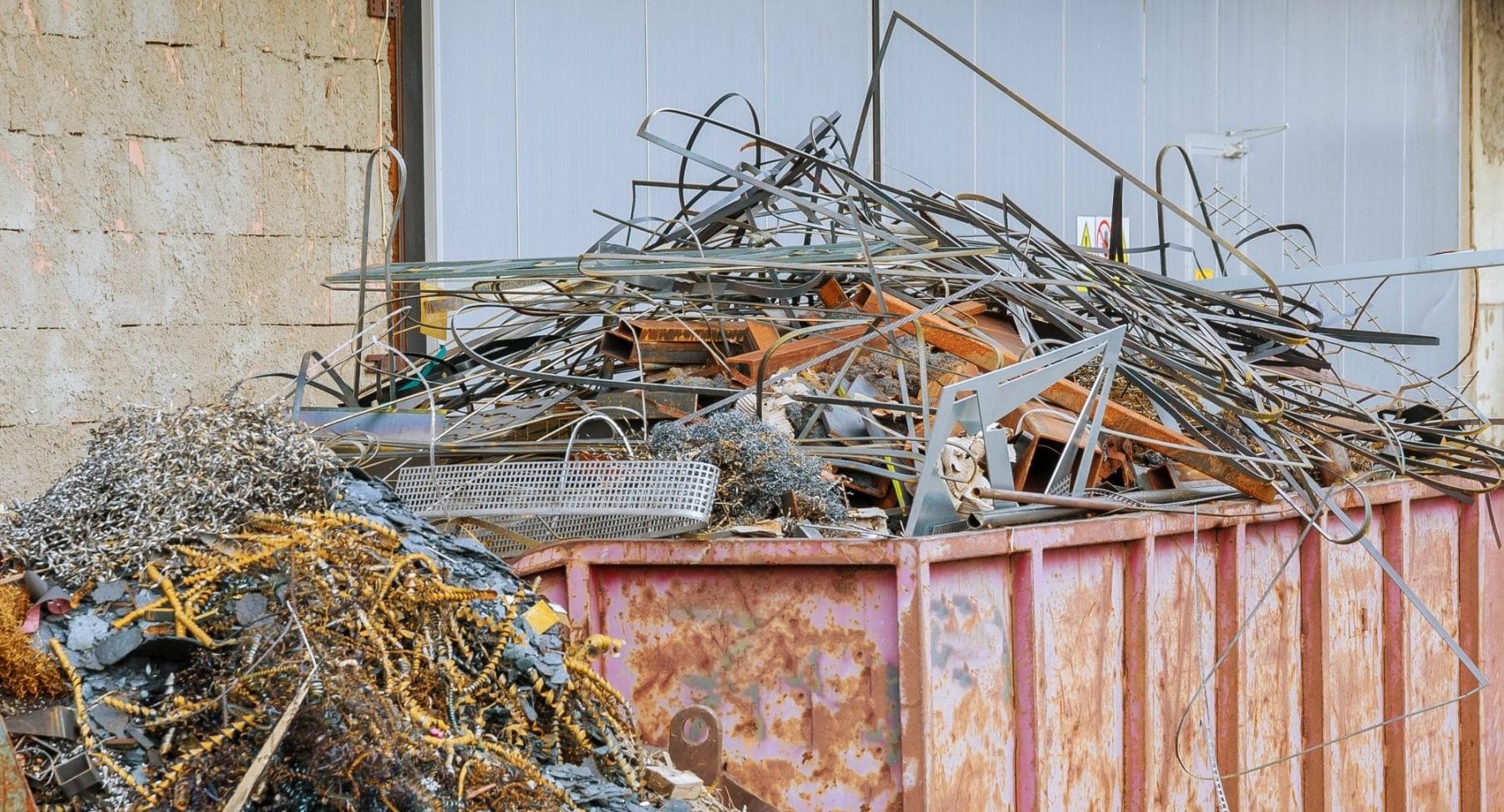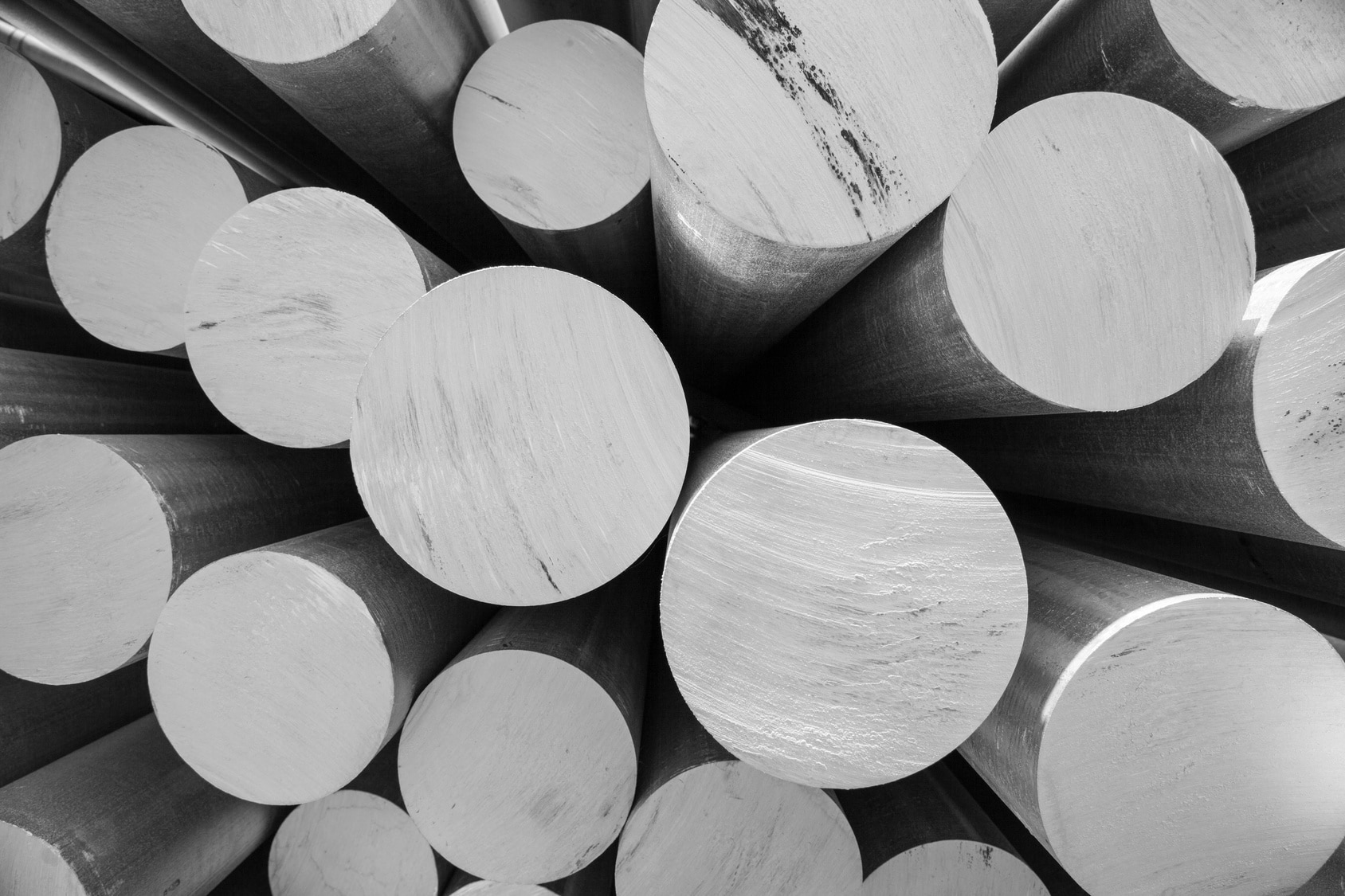Nearly all businesses in the United States, as well as all consumers, rely on metals for a variety of purposes. Indeed, your home refrigerator or oven wouldn’t be what it is without metal.
There are countless industries that rely on the importation of metals in order to do business. Which is why the decision of the U.S. government to implement taxes on imported steel and aluminum could have a large effect on the following industries and the overall American economy–
Manufacturing Industry
Businesses in the manufacturing industry are likely to use the greatest quantities of metals. Manufacturing companies that are dependent upon steel, aluminum, and other metals include manufacturers of appliances, electronics, and airplanes.
Construction Industry
According to the same article cited above, there are a whopping 10.1 million Americans who are currently employed in the construction industry. As steel prices increase, the price of steel beams (which are integral to construction) will go up, making building a more expensive endeavor for construction companies nationwide.
Oil and Utility Industries
If you’re struggling to see the connection between the oil and utility industries and steel and aluminum importation, consider that both of the former industries rely on steel in order to manufacture pipelines. These pipelines are a critical piece of energy infrastructure. Of course, these industries also use steel and aluminum for the manufacture of wires and beams (and numerous other things), too.
How Much Do We Really Rely on Imported Steel?
Without the importation of steel and aluminum, the American economy simply would not function. To be sure, of the 100 million tons of steel used in the U.S., imports make up approximately one-third of that. Nearly two-thirds of aluminum used in the states is a result of imports.
What About Domestic Steel Production?
The pressure is on for domestic steel producers to close the import gap as prices for imported steel and aluminum that increase. Additionally, now more than ever before, the recycling and responsible processing of scrap metal are of vital importance.
For businesses that are affected by metal and scrap metal, having a trusted partner for processing and recycling services can provide peace of mind – Scrap Metal Services, LLC can help.
To learn more about our scrap processing and recycling services, please reach out to us today. You can reach our Burnham, Illinois location at 708-730-1400 or get in touch with us by sending us a message using the contact form found online.





